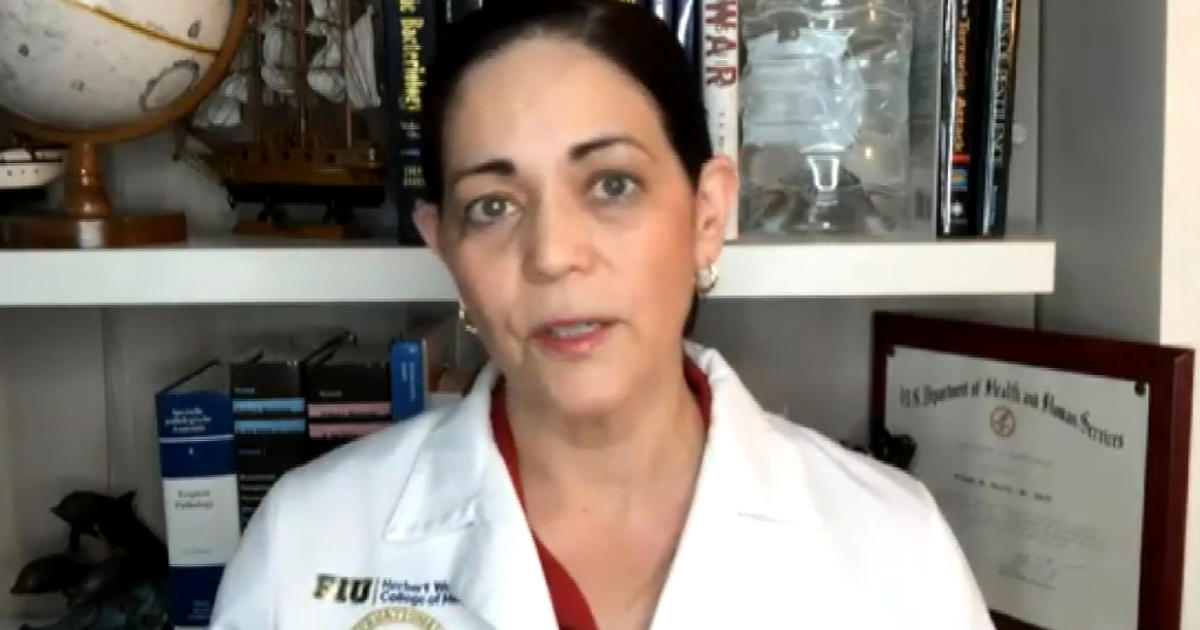MIAMI – With monkeypox cases rising across the U.S., Florida International University’s Dr. Aileen Marty says “this is not a disease you want to get.” She added that stopping the spread is critical.
“We, as a population need to recognize that this is an imminent threat and that we now are just beginning to apply the tools that we need to apply to keep it from becoming a real total threat to all of us,” said Dr. Aileen Marty, professor of infectious disease and outbreak response at FIU.
In Florida, there are 577 cases, most of those in Broward County with 254, Miami-Dade has 159 cases.
“We’re going to have problems of another dimension it’ll be problems where people are hospitalized and we may see death,” Marty adds.
California, Illinois and New York all declared states of emergency. Governor Ron DeSantis said Wednesday he will not.
“The fact that the federal government has declared it makes it a little less necessary for it to be declared independently by the state of Florida.”
Dr. Marty says states declaring a state of emergency essentially increases the ability for the state to contain the outbreak. It’s a tool to get resources such as PPE, contact tracing and more.
On Thursday, the Biden administration declared a public health emergency on the monkeypox outbreak in the United States, which now counts more infections from the virus than any other country in the world.
Health and Human Services Secretary Xavier Becerra announced the decision at a briefing with top public health officials.
“This public health emergency will allow us to explore additional strategies to get vaccines and treatments more quickly out to the impacted communities. And it will allow us to get more data from jurisdictions so we can effectively track and attack this outbreak,” Robert Fenton, the newly appointed White House national monkeypox response coordinator, said at the briefing.
Over the last decade, nationwide emergency declarations like this have previously been made only for the COVID-19 pandemic, the opioid crisis, and the Zika virus outbreak in 2017.


